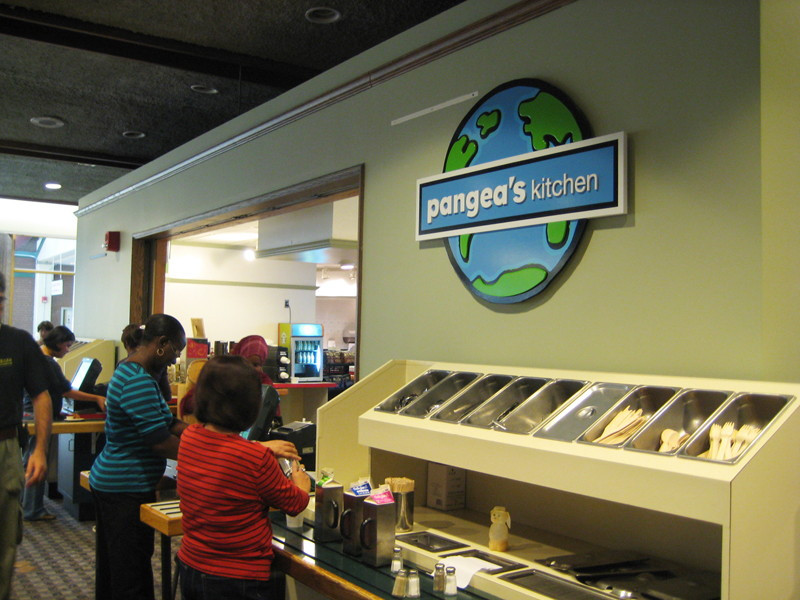Another way of doing business
Diversity Food Services to offer its workers shares in the new year
In addition to offering healthy, ethical food, Diversity Food Services offers a unique opportunity for its workers. In the new year, Diversity employees will be invited to own shares in the company.
Owned by Supporting Employment and Economic Development (SEED) Winnipeg and the University of Winnipeg Community Renewal Corporation (UWCRC), Diversity is an investment co-operative. Workers have the chance to become part-owners of the place where they work.
SEED executive director Cindy Coker said in the new year SEED will transfer up to 50 per cent of its shares in Diversity – 24 per cent of Diversity’s overall shares – to the workers.
SEED will then work with members of the investment co-op to develop a business and governance model to decide how they will manage their share as a group. The workers can then choose to leave their share of the profits with the company or keep it for personal use, said Coker.
John Melnyk, business professor at University of Winnipeg, said this offers a unique opportunity for Diversity’s workers, who include immigrants, refugees, aboriginal and inner-city individuals.
“Initiatives like this make certain aspects of capitalism, like owning shares, accessible to people that might not otherwise realize they have that option,” he said.
Melnyk said the employee stock ownership is a big advantage for a company, as it aligns the interests of all parties, leading to greater co-operation and synergy.
“It also tends to decrease turnover because people are mentally invested in the company, both financially and mentally,” he said.
Lydia Warkentin, manager of campus living (food services) for UWCRC, said being a member of the investment co-op will give workers a new perspective on the business world.
“This gives them the opportunity to learn from an owner’s perspective,” she said. “To analyze how the business is doing … is really taking people a big step from just coming in and putting in the hours.”
Warkentin said owning a portion of the shares will give workers a voice to influence the direction of the business.
Like any business model, there can be downsides, said Melnyk. The more shareholders a company has, the more complicated governance can become. It can be difficult for multiple shareholders to reach consensus.
Nonetheless, Melnyk sees Diversity as a chance for students to become familiar with alternative business models that are not a large part of the business curriculum at the U of W.
Coker also hopes that Diversity’s business model will broaden students’ notions about business.
“You can do a for-profit business that is meeting both financial and social goals and … by meeting those social goals you can be improving your financial bottom line. The two are not separated,” she said.







